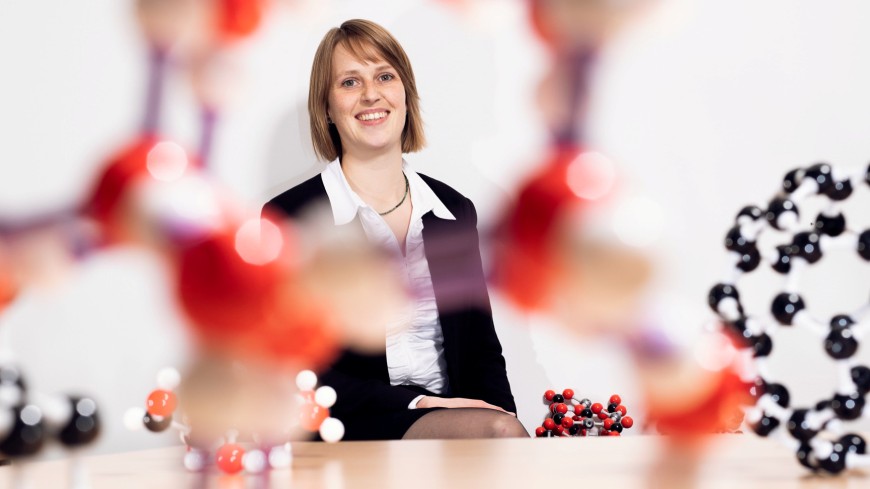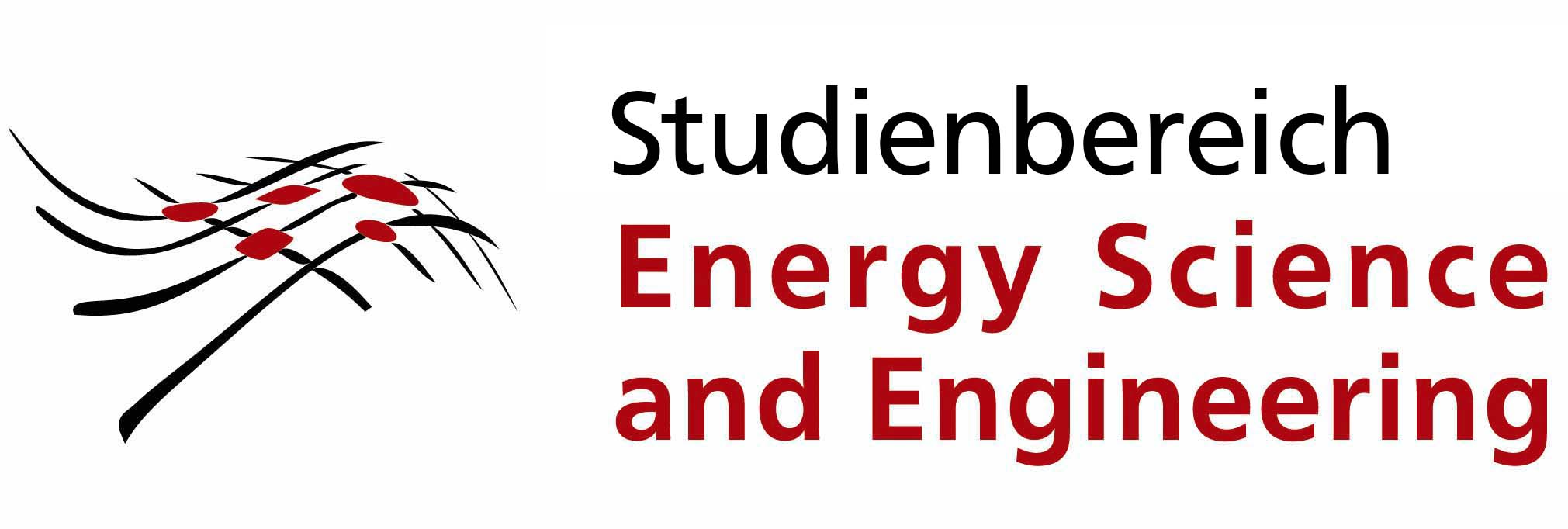Quantum chemistry for more sustainability
ADUC Prize for theoretical chemist Dr. Vera Krewald – Focus on energy related processes
2021/03/09 by Uta Neubauer
Professor Vera Krewald who heads a group for theoretical chemistry at the TU Darmstadt focuses on processes of the energy transition. She has now been awarded by the Association of German University Professors for Chemistry (ADUC) for establishing her new research area.

It has been more than ten years since Vera Krewald hung up the lab coat and turned to the computer to deal with with atoms and molecules. Her research is the best proof of the social relevance of theoretical chemistry. “I am particularly interested in applications in the context of the energy transition”, the 33-year-old says. She uses tools of quantum chemistry, for example, to better understand precious metal-free catalysts for fuel cells. One of her other focal points is a process for the photochemical cleavage of atmospheric nitrogen to make it available for the production of fertilizers or basic chemicals. To date, the Haber-Bosch process which was developed more than 100 years ago is used for that purpose but requires large quantities of fossil energy. “The chemical industry must become more sustainable”, Krewald emphasizes.
I am particularly interested in applications in the context of the energy transition.
“We compute molecules, even those that do not exist or only exist for a very short time”, Krewal summarizes her work. “We look at the configuration of the atoms, and are able to change molecular structures and to compute many different properties of the substances.” Krewald validates her result in close collaboration with experimentalists. It is often an interplay between computation and lab experiment until the optimal molecules for a specific chemical reaction has been found or a reaction mechanism has been determined.
Krewald has been focused on energy-related processes ever since she received her diploma in chemistry from University of Bonn in 2010. As PhD student and postdoc at the Max Planck Institute for Chemical Energy Conversion in Mühlheim an der Ruhr she conducted computations on photolysis of water. As postdoc at the University of Vienna she started with her work on the cleavage of atmospheric nitrogen.
Before Krewald came to the TU Darmstadt within the framework of a tenure-track programme of the Federal Ministry of Education and Research she headed a research group at the University of Bath. The tenure-track position is limited to six years, but will become a life time professorship after a trial period and successful evaluation process.
For the establishment of her promising research area Vera Krewald receives one of the ADUC prizes 2021 endowed with 5,000 euro – an award from the Association of German University Professors for Chemistry, or Arbeitsgemeinschaft Deutscher Universitätsprofessoren und -professorinnen für Chemie (ADUC). ADUC is a special section within the German Chemical Society (GDCh) whose aim it is to promote chemical science and research as well as supporting the training of qualified young scientists.

